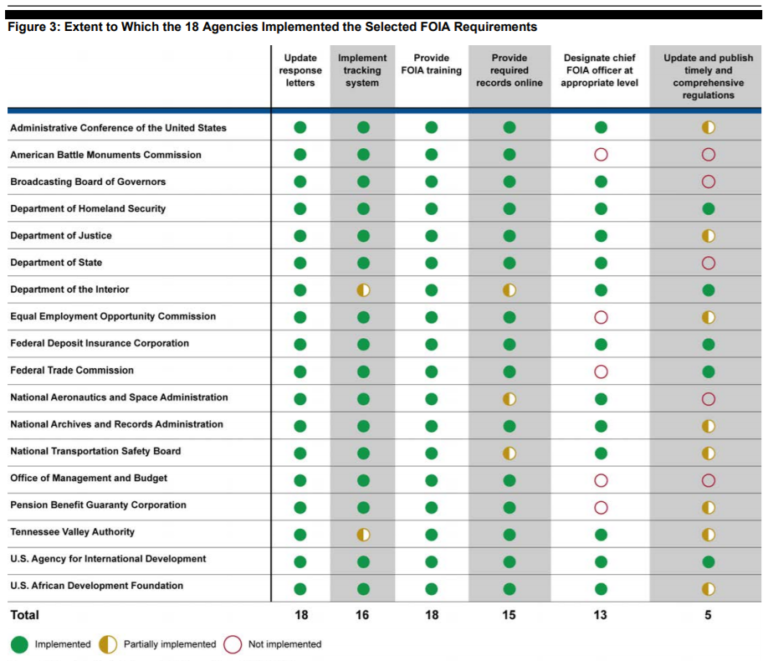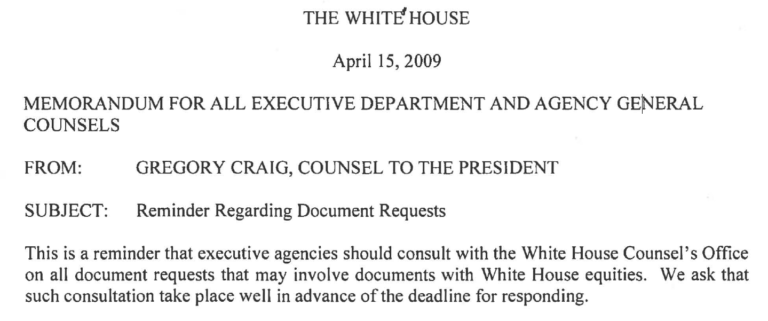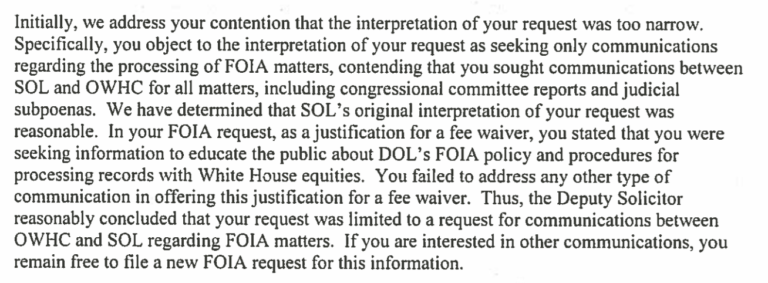Can the EB-5 Immigrant Investor Program be fixed? It’s been over a year since we called for an end to the program that is now set to expire unless renewed by September 30. As we previously wrote:
Simply stated, the EB-5 Program operates as a cash-for-visa scheme. Whatever economic advantage it might offer is outweighed by the corruption it engenders and negative influence it has on national security and good government. Congress should end the program or work to reform its governing rules to prevent continued abuse by the political class.
There wasn’t much congressional interest in ending the program when we wrote that in May 2017, but the tide appears to be turning. The Senate Judiciary Committee recently held a hearing to discuss the EB-5 program with Lee Francis Cissna, Director of the U.S. Citizenship and Immigration Services (“USCIS”), which is the agency responsible for the program. At the hearing, members of both parties and Director Cissna agreed that, barring legislative reform or publication of long-pending modernization rules, the EB-5 program should be allowed to expire.
Below are the key quotes and exchanges from the hearing:
Chairman Grassley’s opening statement laid out the significant issues associated with the Regional Center Program:
As interest in the EB-5 Regional Center Program has grown, so have cases of fraud, corruption and threats to national security. There are many, many well-documented examples of the inherent problems in this program. In fact, over the last five years, I along with several of my colleagues, have written over thirty oversight letters highlighting the various vulnerabilities of this visa program.
USCIS Director Cissna agreed that the program is rife with fraud and should be eliminated. In his opening statement, he said, “In the absence of legislative reforms, I believe Congress should indeed consider allowing the program to expire.”
Senator Feinstein then prodded Cissna, “That’s the reason I’m concerned with this program, I think its rife with fraud.” In response, Cissna carried Feinstein’s concern even further, stating, “I think a lot of the cases . . . involve full on criminal activity too. Fraud with our agency is one thing, but then it often gets magnified into full on criminal activity.”
Senator Feinstein stated, “It’s no secret that I oppose this program. I believe it should be eliminated entirely.” She continued, lamenting that “under the EB-5 system, the wealthy can cut to the front of the line. This on its face is fundamentally unamerican.” These are the same cronyism concerns that we’ve been worried about throughout our time investigating the program.
Finally, Senator Durbin said, “I am proud to be the only cosponsor of the Grassley-Feinstein bill to eliminate this program, I hope others will join us.” He then claimed that the EB-5 program is “outrageous and embarrassing to this nation.”
Come September 30, Congress should allow the EB-5 program to expire with or without modernization rules. While the modernization rules would be better than the current system, they will not fix the endemic problems of fraud and corruption with the cash-for-visa program. It’s time to end it.
Max Menkes is a Research Fellow at Cause of Action Institute.




